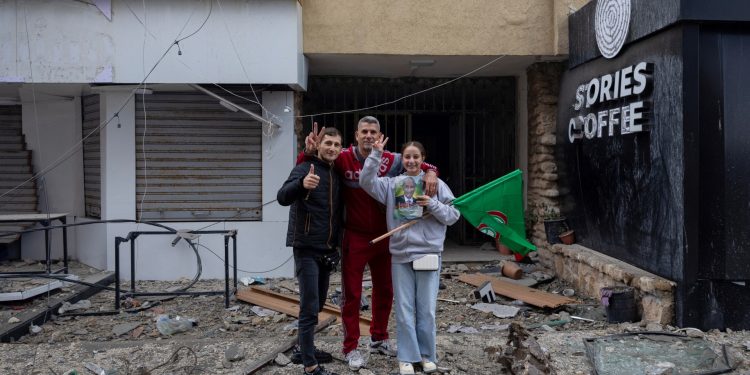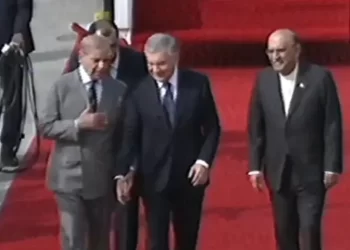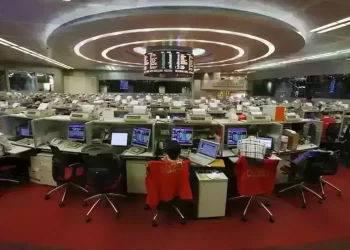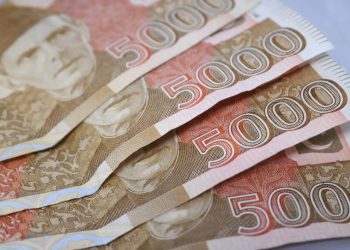Agreement greeted with relief in Lebanon and beyond, with some pushing for ‘urgent steps’ to end Israel’s war in Gaza.
A ceasefire between Israel and the Lebanese armed group Hezbollah has taken effect after 14 months of cross-border fighting that has killed thousands of people.
It went into force at 4am (02:00 GMT) on Wednesday. Israel will “gradually withdraw” its forces from southern Lebanon over the next 60 days under the deal, with the Lebanese army joining United Nations peacekeepers in the territory.
The deal has been greeted with relief in Lebanon, where thousands of people were making their way home to the south, defying a warning from the Israeli military to stay away from previously evacuated areas.
Here are some key reactions:
Caretaker Prime Minister Najib Mikati called for unity after what he said was the “most cruel phase in Lebanese history”.
In a televised address, he stressed the jurisdiction of the Lebanese army to provide security in the south of the country and said Israel must stay committed to the deal and withdraw from the south.
He earlier told US President Joe Biden that the ceasefire was a “fundamental step” towards restoring stability in the region.
Thanking France and the United States for their involvement, Mikati said he hoped for a “new page” after the ceasefire.
“Come back to your land and bring back life to all the neighbourhoods that the Israeli occupation and aggression tried to destroy. The victory of your land relies on you coming back.”
Berri also said the country needs to elect a president as soon as possible, calling it “a test so that we can protect Lebanon from all the threats including Israeli threats”.
The country has been without a president since Michel Aoun’s term ended in October 2022.
Lebanon
Hezbollah, which did not participate in any direct talks on the ceasefire, has yet to formally comment. Berri mediated on the group’s behalf.
Prime Minister Benjamin Netanyahu thanked Biden for his “involvement in securing the ceasefire agreement”, saying also that he appreciated the US president’s “understanding that Israel will maintain its freedom of action in enforcing it”.
“What we feel is indescribable,” said one driver. “The people have won!”
Residents returning to the south Beirut suburb of Dahiyeh hailed Hezbollah’s “victory” as they returned to their homes.
Some headed straight to the place where Hezbollah leader Hassan Nasrallah was killed.
“I was looking for the place where we lost our souls,” one resident named Diala told the AFP news agency, referring to the site of Israel’s deadly attack on Nasrallah. “I headed straight there and didn’t look at anything else.”
Palestinians expressed hope there would be a ceasefire in Gaza, though some feared that Israel might double down on the enclave now that its forces will be freed up from the fighting against Hezbollah.
“The situation will be worse because the pressure will be more on Gaza,” said Mamdouh Yonis, a man currently living in Khan Younis after being displaced from the southern city of Rafah.
Ahlam Abu Shalabi, a woman displaced from Gaza City, said: “They agree to a ceasefire in one place and not in the other? Have mercy on the children, the elderly and the women. We are sitting in tents and now it is winter.”
The Ministry of Foreign Affairs welcomed the ceasefire. “We support all efforts conducive to easing tensions and achieving peace and welcome the agreement reached by relevant parties on a ceasefire,” said ministry spokeswoman Mao Ning.
President Nikos Christodoulides said his country would support Lebanon “in fostering its state institutions, including the Lebanese Armed Forces”, describing the “mediating role” of the US and France as “invaluable”.
Welcoming the agreement as “a step that could contribute to starting a de-escalation phase in the region”, the Ministry of Foreign Affairs said it “should be a prelude to stopping the Israeli aggression on Gaza”.
European Commission President Ursula von der Leyen hailed the “very encouraging news” of the ceasefire, saying it would increase Lebanon’s “internal security and stability”.









